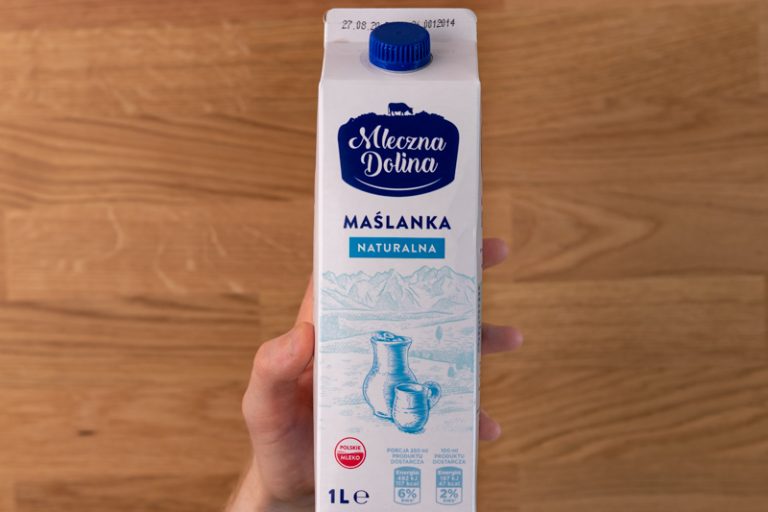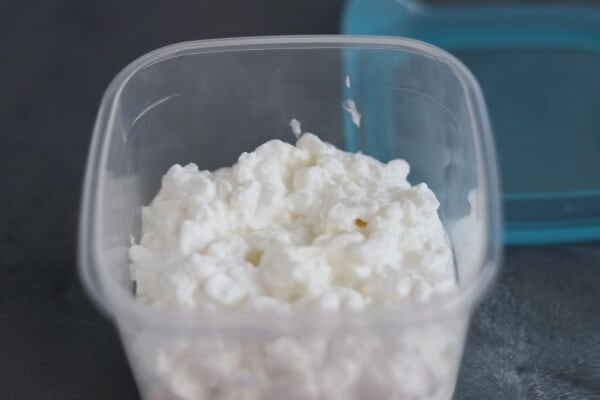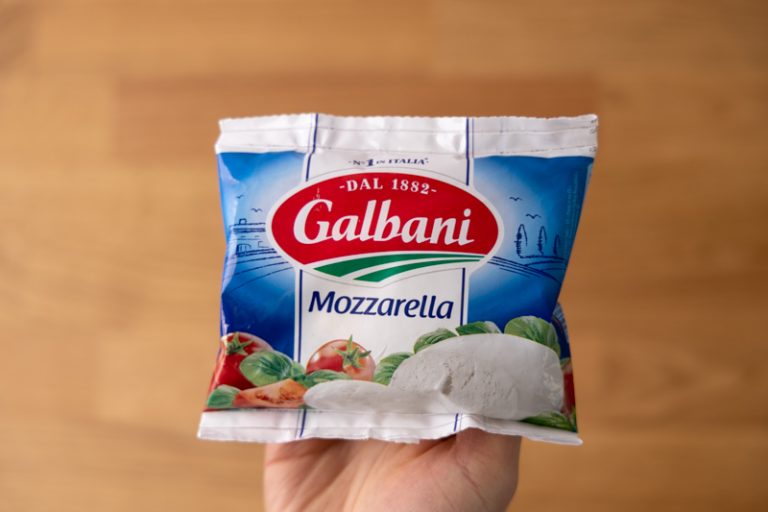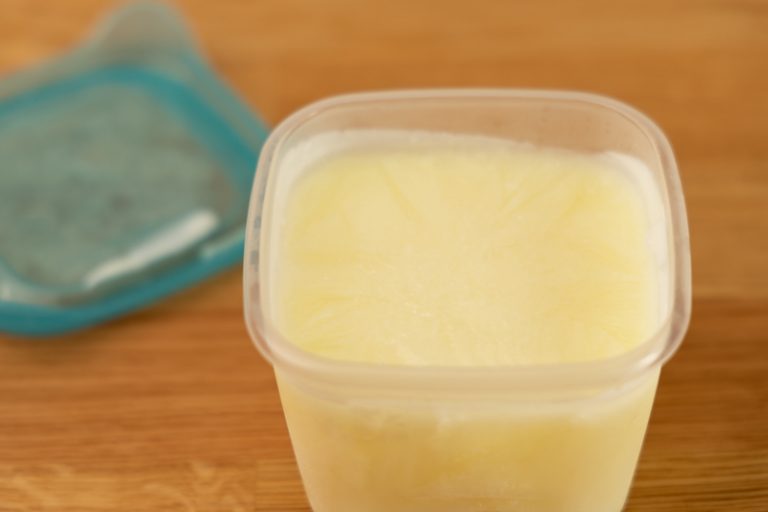Does Ghee Need to be Refrigerated? [All About Storing Ghee]
Bought ghee for the first time and not sure whether you should place it in the fridge? Do you refrigerate ghee?
This article covers everything you need to know about storing ghee. Jump to what you want to learn about:
Ghee and clarified butter aren’t the exact same thing, but all the rules below apply to clarified butter just as well
Does Ghee Need to be Refrigerated?

You don’t need to refrigerate ghee because you can (store ghee at room temperature for 12+ months). But if you live in a hot climate or want it to retain best quality for as long as possible, you should store it in the fridge.
Ghee is, put simply, butter that’s been slow-cooked. That slow cooking removes moisture and milk proteins from the batter, making it a shelf-stable product.
(That’s why ghee lasts longer than butter and is more similar in storage time to Crisco or lard.)
That said, refrigeration helps this dairy product maintain quality longer and extends ghee’s shelf life even further.
How to Store Ghee

Store ghee sealed tightly and in a cool, dark and dry place, away from direct sunlight and heat sources. Stored this way, it’ll easily last beyond the date printed on the label.
And if you need the dairy product to last months longer, transfer it to the refrigerator. That’ll give an extra 6+ months of storage time.
Finally, if you have a ton of ghee on hand and know it’ll sit around for months, you can freeze it to free up some space in the fridge.
(We’ll cover how to freeze ghee later in the article.)
One thing to remember is that fat-based products lose quality more quickly in warm temperatures. That’s true for vegetable oil, coconut oil, or any other oil. So, moving your ghee jar to the fridge is the way to go if you live in a hot climate or it’s the middle of the summer.
Now, you might be wondering if there are any differences if you’re working with homemade ghee. Let’s talk about that.
Homemade vs. Store-bought

Homemade ghee retains quality for about 3 to 4 months if stored at room temperature and for up to a year if refrigerated. That means you don’t have to put it in the fridge if you use the contents of the jar within a few months.
The main difference between homemade and store-bought ghee is that the latter has all the milk proteins removed, making it more stable and lasting longer. But that last bit of milk solids that remains in homemade ghee doesn’t make it super prone to going rancid at room temperature. It only limits ghee’s shelf life to a few months in such conditions.
In other words, you can store homemade ghee at room temperature, but refrigerating it is a better option if you want it to retain quality for more than half a year.
Knowing that, let’s talk about freezing.
Can You Freeze Ghee?

Freezing ghee is a great idea if you have an excess you won’t use anytime soon. Otherwise, it’s probably not worth it as ghee has a pretty long shelf life, even if it’s homemade.
But if you want to freeze ghee, for instance, to free up some space in the fridge, here’s how:
- Portion. Portion the fat in a way that makes sense in your circumstances. For example, if you only use ghee occasionally, go with several smaller portions and make each one enough for the next month or so. Or if you have a metric ton of ghee to freeze, cut it up into smaller blocks. Make sure each portion is wrapped or sealed tightly to avoid freezer burn.
- Pack. Grab some freezer bags or resealable containers and package the portioned ghee. Make sure each one is sealed tightly to avoid freezer burn. If you’re using glass containers, ensure they’re safe to use in the freezer.
- Label and name. If there’s a slim chance you won’t know what’s in this bag or container in a few months, label it. I often ignore this advice and end up with freezer bags with who-knows-whats-inside, and it’s never fun. Do as I tell, not as I do.
- Throw everything in the freezer.
That’s it. When you’re ready, defrost ghee overnight in the fridge.
Rotten Records: Share Your Snap!
Caught some food past its prime? Upload your photo to “Rotten Records” and help others spot the signs of spoilage. Every image makes our food community safer and more informed!





